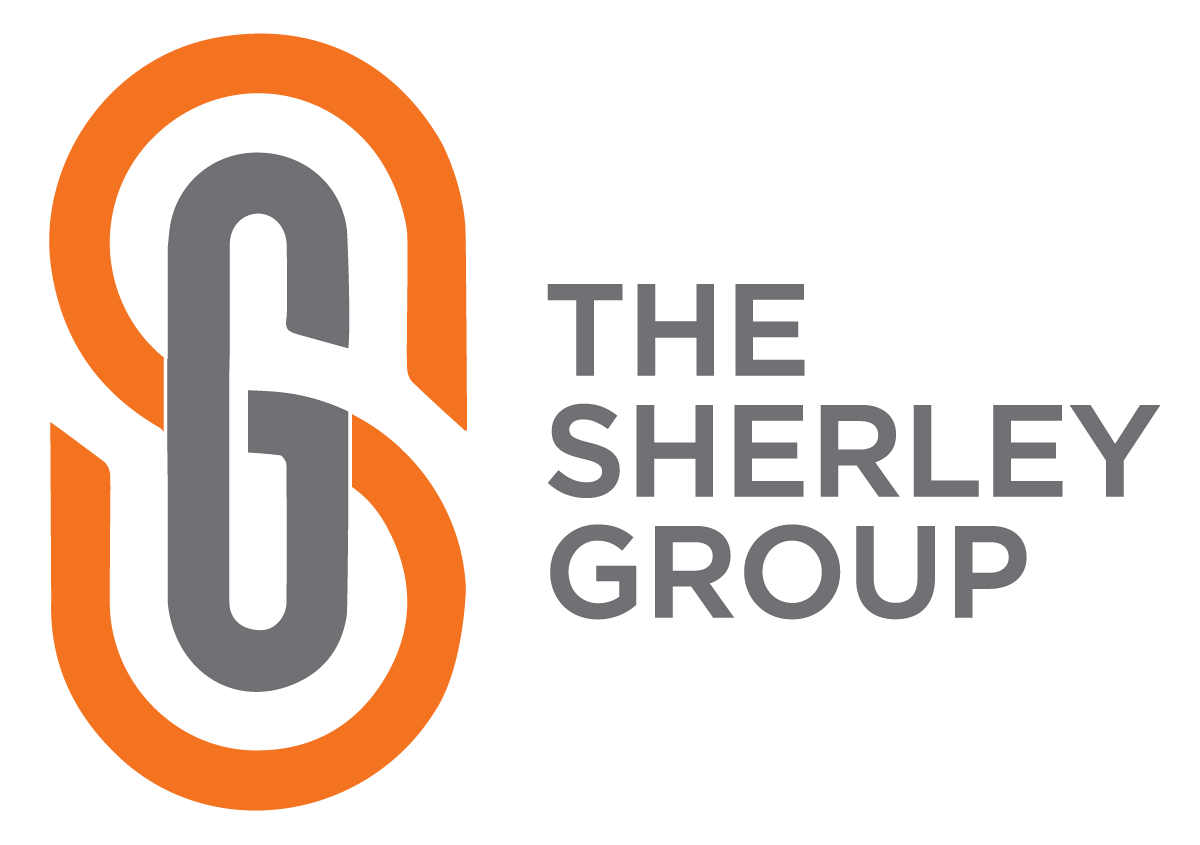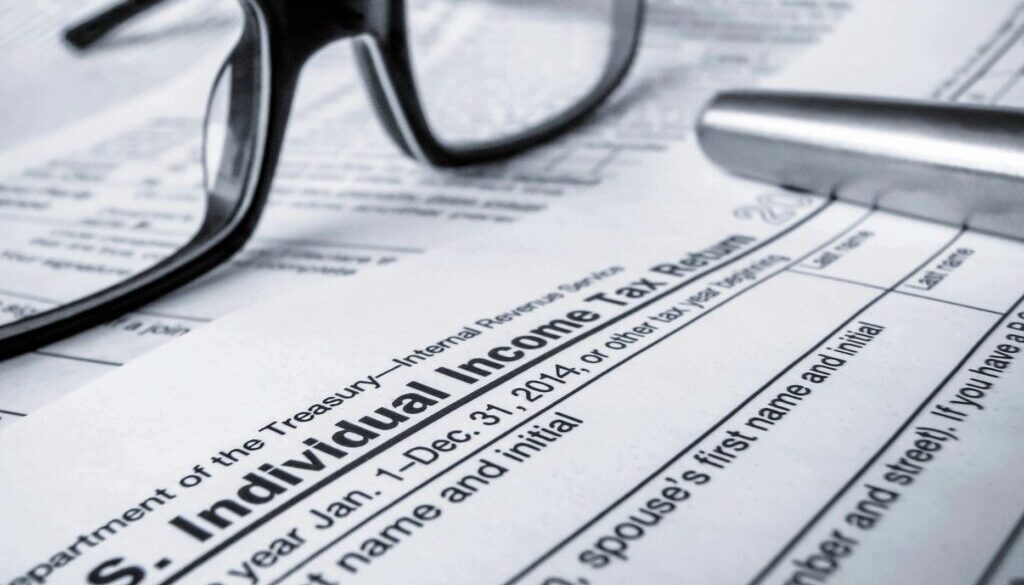Online third-party payments exceeding $600 must be reported
Beginning in 2022, a 1099-K from must be prepared for any third-party payment platform transaction greater than $600 made via processors like Venmo and PayPal. This is a change from the previous requirement that online payment processors provide a 1099-K only if gross income exceeded $20,000, or if there were at least 200 separate calendar year transactions.
This new requirement comes from 2021 changes in the U.S. tax code and Internal Revenue Service rules that came into effect through the American Rescue Act. Since the change significantly lowers the threshold for reporting it will affect individuals and small businesses due to an anticipated increase in taxes and audits.
The IRS requires Form 1099-K, Payment Card and Third-Party Network Transactions for reporting certain payment transactions as a means to improve tax compliance. It is not intended to track personal transactions. The new rule applies only to payments received for goods and services, not for personal expenses such as sending gifts, paying rent, or reimbursing friends or family. In addition, people who sell a personal item at a loss are excluded from this rule.
On Dec. 23, 2022, the IRS announced that calendar year 2022 will be treated as a transition year for the reduced reporting threshold of $600. For calendar year 2022, third-party settlement organizations who issue Forms 1099-K are only required to report transactions where gross payments exceed $20,000 and there are more than 200 transactions.
You should have received Form 1099-K by January 31, 2023.




